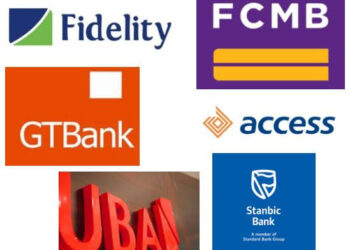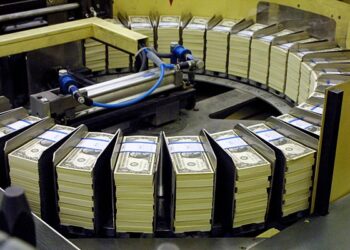Determined to have a firm grip over the foreign exchange market, the Central Bank of Nigeria (CBN) has sold $197.71 to the market, through its intervention.
The sale of the greenback to the authorised dealers was to enhance liquidity following recent volatility in the exchange rate, leading to depreciation of the local currency, Naira.
Besides, tariffs hike by Donald Trump’s administration as well as his desire to increase oil output, just like the Organisation of Petroleum Exporting Countries (OPEC +), are expected to impact negatively on receipts from the sale of the product at the international markets.
The move, according to CBN, is in line with its commitment to ensuring adequate liquidity and supporting orderly market functioning.
This was disclosed in a statement signed by Omolara Omotunde Duke, director, financial markets department.
“This measured step aligns with the Bank’s broader objective of fostering a stable, transparent, and efficient foreign exchange market.”
ALSO READ:CBN Upbeat As Nigeria’s Net Reserves Hit 3-Yr High
Specifically, the naira depreciated by a total of N35.77 against the dollar over a span of three consecutive trading days at the official foreign exchange (FX) market, driven primarily by heightened demand pressures.
According to the statement, CBN has noted recent movements in the foreign exchange market between April 3 and 4, 2025, reflecting broader global macroeconomic shifts currently affecting several emerging market and developing economies.
These developments was as a result of the recent announcement of new import tariffs by the United States government on imports from several economies, which has triggered a period of adjustment across global markets.
Crude oil prices have also weakened – declining by over 12 percent to approximately US$65.50 per barrel – presenting new dynamics for oil-exporting countries such as Nigeria.
According to the statement, “CBN continues to monitor global and domestic market conditions and remains confident in the resilience of Nigeria’s foreign exchange framework, which is designed to adjust appropriately to
evolving fundamentals.
All authorised dealers are reminded to adhere strictly to the principles outlined in the Nigeria FX Market Code and to uphold the highest standards in their dealings with clients and market counterparties.”














